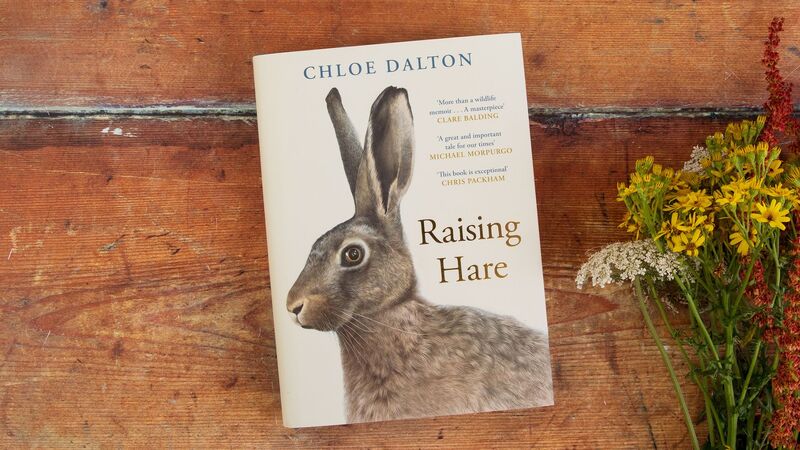You are viewing your 1 free article this month. Login to read more articles.
Akbar’s memoir of sisterhood, TB and grief to Sceptre
Sceptre has pre-empted Consumed: A Sister’s Story by Guardian chief theatre critic Arifa Akbar.
Juliet Brooke, associate publisher at Sceptre, acquired UK and Commonwealth rights in the work from Clare Alexander at Aitken Alexander Associates.
Akbar's older sister fell seriously ill but it was not until the day before she died that the family discovered she was suffering from tuberculosis. Drawing on her own grief, as well as testaments from across literature, Consumed is described as "a story of sisterhood, grief, the redemptive power of art and the strange mythologies that surround the disease, taking us from Keats’ deathbed and the tubercular women of opera to the resurgence of TB in modern Britain today".
It will be Akbar's first full-length book. Before becoming the Guardian's chief theatre critic, she was previously the literary editor at the Independent and has been a judge for many literary prizes, including the Orwell Prize, Costa Biography Award and the Women’s Prize for Fiction. Short pieces of non-fiction by Arifa have also appeared in various anthologies.
Akbar said: "This book is as much about the healing powers of art as it is about illness, eating disorder, grief, and the way mentally ill women are treated by the medical profession and the world at large. It is, I hope, an honest and unvarnished study of what it means to be sisters, with its dark and difficult undersides. I am thrilled to have Juliet Brooke as its editor, not only for her publishing track record but also her passion for art and embroidery – a passion my sister shared."
Brooke said: "Consumed is an astonishing piece of writing. Arifa Akbar excavates the experience of sisterhood drawing on her own grief, guilt and memories, alongside testaments from across art and literature – Munch, Keats, Antigone – to show us the complexity of family relationships, the dark and the light. There’s also a terrible parallel with our present day: in the 19th century TB was the infectious disease everyone feared; today we understand sadly all too well how terrifying it must have been."



















